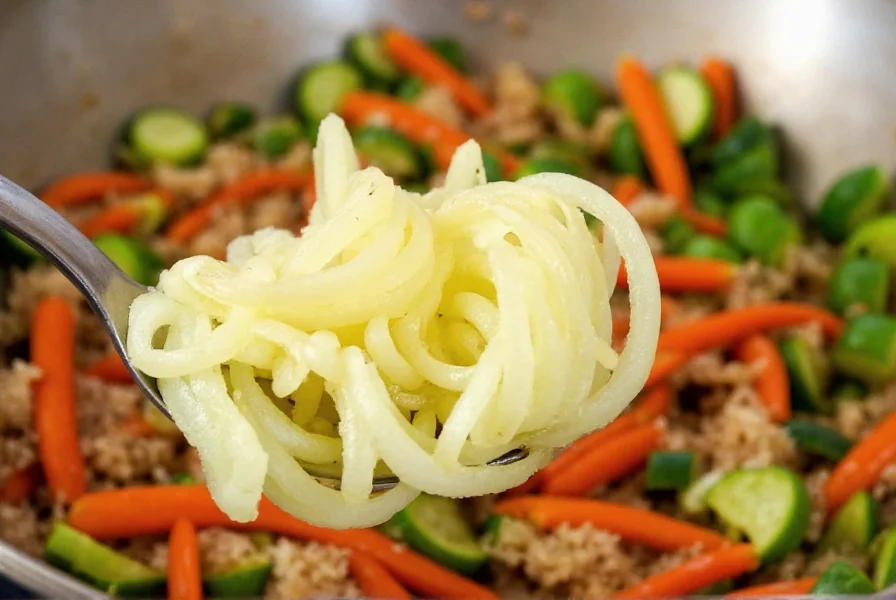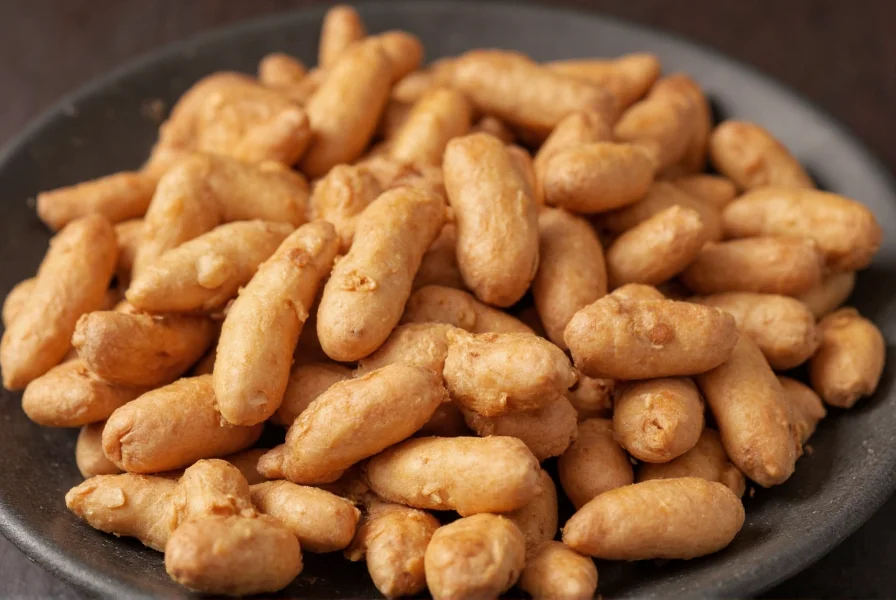When examining whether is ginger fattening, the straightforward answer lies in its nutritional composition. Ginger root contains minimal calories and virtually no fat, making it an unlikely contributor to weight gain when consumed in typical culinary amounts. A 100-gram serving of raw ginger provides approximately 80 calories, 1.8 grams of protein, 0.8 grams of fat, and 17.8 grams of carbohydrates - with significant portions coming from dietary fiber.
Nutritional Profile of Ginger
Ginger's nutritional composition explains why it doesn't contribute to weight gain. The spice contains gingerols and other bioactive compounds that may actually support metabolic health. Unlike high-calorie foods that can lead to weight gain when consumed excessively, ginger's strong flavor means people typically use it in small quantities.
| Nutrient | Per 100g of Raw Ginger | % Daily Value* |
|---|---|---|
| Calories | 80 kcal | 4% |
| Total Fat | 0.8 g | 1% |
| Carbohydrates | 17.8 g | 6% |
| Dietary Fiber | 2.0 g | 7% |
| Protein | 1.8 g | 4% |
*Percent Daily Values based on a 2,000 calorie diet
Scientific Evidence on Ginger and Weight Management
Research suggests ginger may actually support weight management rather than cause weight gain. A 2019 review published in Nutrients analyzed multiple studies and found that ginger supplementation was associated with modest reductions in body weight, waist-to-hip ratio, and insulin resistance. The active compounds in ginger, particularly gingerols, appear to influence metabolism through several mechanisms:
- Enhancing thermogenesis (calorie burning)
- Improving insulin sensitivity
- Reducing inflammation markers associated with obesity
- Potentially suppressing appetite
When considering does ginger increase metabolism, evidence indicates ginger may have a mild thermogenic effect, though not as pronounced as some other compounds like caffeine. The metabolic boost from ginger is modest but could contribute to overall weight management when combined with other healthy habits.
Common Misconceptions About Ginger and Weight
Several misconceptions contribute to the question is ginger fattening. Some people confuse ginger with high-sugar ginger products like candied ginger or gingerbread, which do contain significant calories from added sugars. However, pure ginger root or fresh ginger contains minimal sugar (about 1.7 grams per 100 grams).
Another misconception involves ginger tea. While plain ginger tea is virtually calorie-free, some commercial ginger teas contain added sugars or honey, which would contribute calories. When evaluating ginger tea for weight management, it's important to consider what's added to the tea.
Practical Ways to Incorporate Ginger
For those concerned about is fresh ginger fattening, here are practical ways to include ginger in a weight-conscious diet:
- Add freshly grated ginger to stir-fries instead of high-calorie sauces
- Make ginger tea by steeping fresh ginger slices in hot water
- Include ginger in smoothies for flavor without significant calories
- Use ginger in salad dressings with vinegar and minimal oil
- Add ginger to soups and broths for flavor enhancement
The typical daily consumption of ginger for culinary purposes (about 1-3 grams) contributes negligible calories to your diet. Even when addressing how much ginger should I eat daily for weight loss, most studies showing benefits used 1-2 grams of ginger powder or 10-50 grams of fresh ginger daily - amounts that still represent minimal caloric intake.

When Ginger Might Contribute to Weight Gain
While ginger itself isn't fattening, certain preparation methods can increase its calorie content significantly. Products like:
- Ginger candies (often high in sugar)
- Ginger ale and other ginger-flavored sodas
- Pre-made ginger sauces with added sugar and oil
- Ginger cookies and baked goods
These processed ginger products contain added sugars, fats, or other high-calorie ingredients that could contribute to weight gain if consumed excessively. This distinction is important when evaluating whether can ginger help with belly fat - the whole food form offers potential benefits, while processed versions may not.
Conclusion: Ginger in a Balanced Diet
The question is ginger fattening can be definitively answered: no, ginger is not fattening when consumed in its natural form. With its low calorie count, potential metabolic benefits, and ability to enhance flavor without adding significant calories, ginger can be a valuable component of a weight-conscious diet. The key is consuming ginger in its whole, unprocessed form rather than in sugary or high-fat preparations.
For those specifically interested in is ginger good for weight loss, research suggests it may provide modest support as part of a comprehensive approach that includes balanced nutrition and regular physical activity. Ginger's potential benefits for digestion and metabolism make it a sensible addition to healthy eating patterns without concern for weight gain.
Does ginger cause weight gain?
No, ginger does not cause weight gain. With only about 80 calories per 100 grams and virtually no fat, ginger is a low-calorie food that may actually support weight management through its potential metabolic effects. The concern about does ginger cause weight gain is unfounded when consuming ginger in typical culinary amounts.
How much ginger can I eat daily without gaining weight?
You can safely consume 1-3 grams of fresh ginger daily without concern for weight gain, as this provides minimal calories (approximately 0.8-2.4 calories). Even higher amounts used in studies (up to 50 grams of fresh ginger) contribute only about 40 calories, making how much ginger should I eat daily for weight loss a non-issue from a caloric perspective.
Is ginger tea good for weight loss?
Plain ginger tea is virtually calorie-free and may support weight management through potential metabolic effects. However, ginger tea with added sugar, honey, or cream would contribute additional calories. When considering ginger tea for weight management, opt for unsweetened versions to maximize benefits without extra calories.
Can ginger help reduce belly fat?
While no single food specifically targets belly fat, research suggests ginger may support overall weight management, which could include reduction of abdominal fat. Studies have shown ginger supplementation associated with modest reductions in waist-to-hip ratio. The question can ginger help with belly fat doesn't have a definitive yes, but ginger may contribute as part of a comprehensive weight management approach.
Is candied ginger fattening?
Yes, candied ginger can be fattening compared to fresh ginger because it's typically soaked in sugar syrup. While fresh ginger contains about 1.7g of natural sugar per 100g, candied ginger can contain 60-80g of added sugar per 100g, significantly increasing its calorie content. When addressing is fresh ginger fattening versus processed forms, the natural form is the better choice for weight management.











 浙公网安备
33010002000092号
浙公网安备
33010002000092号 浙B2-20120091-4
浙B2-20120091-4